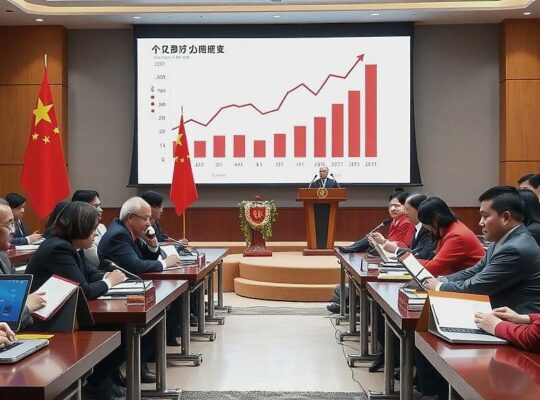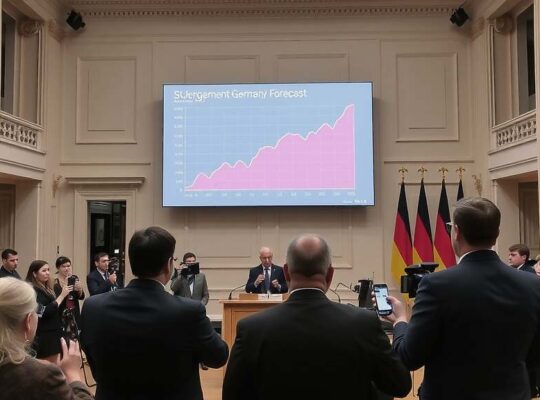A Strategic Shift in Switzerland’s Energy Landscape
Switzerland’s BKW, a major player in the nation’s energy and infrastructure sector, is signaling a significant bet on the future of virtual power plants (VPPs), predicting they could capture up to 15% of the national electricity market.. This declaration, made by CEO Robert Itschner, underscores a growing recognition of the crucial role flexibility will play in navigating the complexities of a rapidly changing energy system.
BKW’s recent acquisition of German firm Südvolt, a provider of flexibility services boasting a VPP with over one gigawatt of aggregated capacity, represents a substantial investment in this emergent technology. Unlike traditional power plants, VPPs don’t rely on physical infrastructure. Instead, they orchestrate the combined output of smaller, often renewable, electricity generators – from rooftop solar panels to industrial processes – to provide grid services like frequency regulation and load balancing.
The move highlights a critical challenge facing Switzerland’s energy transition. As the nation aggressively pursues renewable energy sources, the inherent intermittency of solar and wind power necessitates innovative solutions to ensure grid stability. While hydropower remains a cornerstone of Swiss energy production, reliance on it alone isn’t sustainable or sufficient to meet burgeoning demand and the ambitious decarbonization goals.
“The ability to tap into and manage distributed energy resources is becoming paramount” Itschner stated, emphasizing the strategic importance of Südvolt’s expertise. The approach involves signing contracts with these smaller, independent generators, leveraging their flexibility to respond to fluctuations in real-time demand and supply.
However, the expansion of VPPs is not without its potential pitfalls. Concerns are already being raised regarding the contractual arrangements with smaller producers, potential exploitation of resources and the regulatory framework needed to ensure fair competition and transparent pricing within the market. Critics argue that a purely market-driven approach to flexibility could disadvantage smaller generators and ultimately concentrate power in the hands of larger entities.
Further scrutiny will be placed on Swiss regulators to determine how to foster innovation in the VPP sector while safeguarding the interests of all stakeholders and ensuring a just and equitable energy transition. BKW’s bold commitment signals a significant shift, but the long-term success of this strategy will depend on navigating these complex political and economic considerations.












